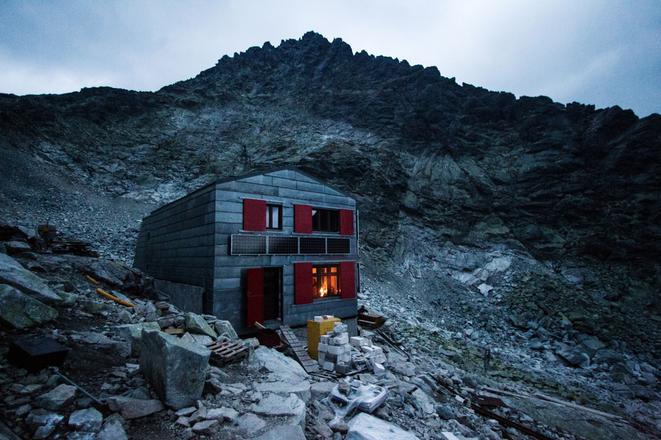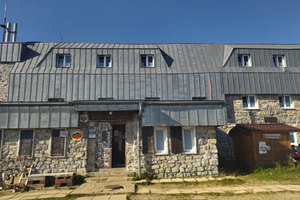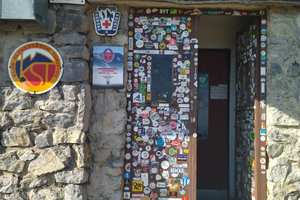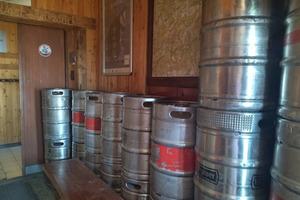When a tired and hungry tourist finally reaches the Štefánikova Chata mountain hut in the Low Tatras, in terms of food and accommodation they can expect the tourist standard. However, for "mountain-high" prices that is: fried cheese at €12, sauerkraut soup for €6.50, and a pint of beer for €3.50.
Accommodation for one comes in the form of a bunk bed with quality mattresses and costs €35 per night in a room for eight people. A double room would cost €90; privacy in a mountain hut is a rare thing.
Late in the afternoon, when the first tourists arrive, three people move about the kitchen. During the week, the restaurant is full of people, as there is a large group of tourists at a company event. About 50 are having fun in the evening. Weekends at the mountain hut are even livelier.
An uninitiated person would say that running a mountain hut is good business. Does the reality match the fiction?
Hut keeper: Even a good summer season is not enough
When we visited Štefánikova Chata (or colloquially known as Štefánička) under Ďumbier Peak, the weather was nice, summer-like in this part of the mountain range. Days like this are rare in the mountains. For example, the beginning of August was rainy. At that time, next to no one visited some mountain huts, save for those who dared to brave the mountains in the rain.
"Attendance is highly dependent on the weather, and the number of workers required also depends on that. Sometimes three are enough, but there are days when nine need to be here," says keeper Igor Fabricius, who has operated the hut since 1994.
According to him, this year's summer season was comparable to last year's, but September was better because there were more sunny days. "Sometimes 50 tourists, sometimes 500. Then there are months when the weather is damp and cold all day and no one comes."
The owner of the Zamkovského Chata mountain hut in the High Tatras also says that the summer season was good, though it rained in August. "Despite around 500 tourists every day, only a few came inside and to get refreshments," observed Jana Kalinčíková.


 The Chata pod Rysmi mountain hut. (source: SME Archive - Vladimír Šimíček)
The Chata pod Rysmi mountain hut. (source: SME Archive - Vladimír Šimíček)


